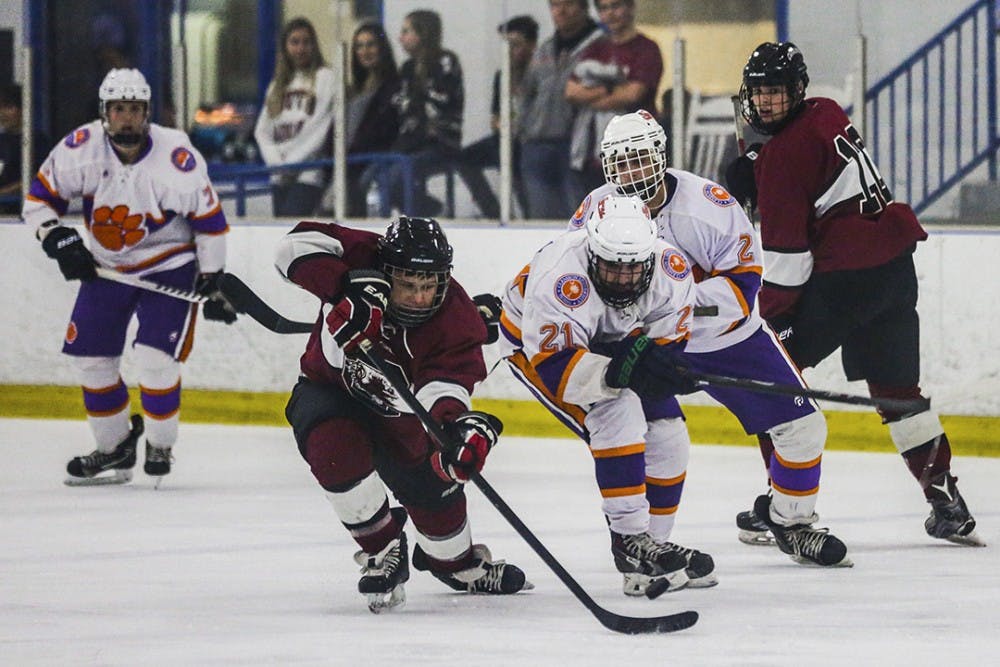One of greatest features of the University of South Carolina is its large variety of student organizations, which range from Greek social fraternities and sororities to academic unions. A sports club is a specific type of student organization that is built around a specific sport while also receiving funding from the university.
Unfortunately, the total funding allotted to sports clubs amounts to a little under $36,000, which has not changed since 2004 and is not much when split among 62 clubs. Other schools in the SEC have similar programs that receive funding, such as Alabama and Georgia. Respectively, they have 30 and 40 sports clubs and allocate $40,000 and $86,000, meaning that each club gets $1,300 and $2,150. The Airsoft sports club which I am president of usually gets around $300 for funding, which is below the predicted average of $581 per club.
Another component of sports clubs is “compliance points,” which is essentially a score of how well a club is doing its duties and determines if a club remains active. Ignoring the authoritarian name of the points, compliance can be gauged by how often a club sends officers to mandatory meetings, uses its allotted funding and fills out appropriate paperwork for travel. Points can also be gained by service hours and fundraising, which is all well and good when you’re in a large sports club.
Compliance points can also be gained by going to and hosting games, fundraising, philanthropy and supporting other clubs. All of these are very difficult, if not impossible, with a small club, especially if the nature of your sport prevents you from using university space.
My main gripe with USC sports clubs is how they leave small clubs in the dust. If a club does not have the manpower to effectively ask for money or perform community service, it puts the club at a major disadvantage when asking for funding or even remaining a club at all.
I think USC needs to take a serious look at how sports clubs are set up and funded, because ultimately they play a major role in our community as a source of fun for hundreds of students. Since all students in the Carolina community pay for the program with their tuition, it should be a more accessible activity.

